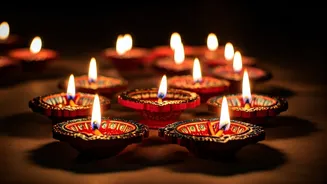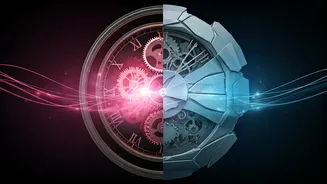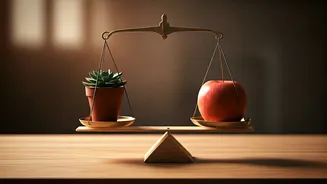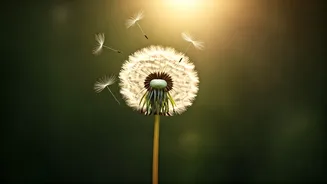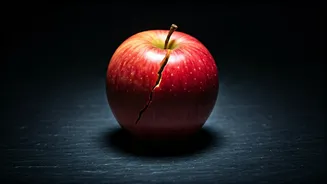Diwali: Unveiling Dates
Diwali, a festival of lights celebrated across India and the world, holds a special place in the hearts of many. Determining the precise dates is crucial
for planning and preparing for the celebrations. In 2025, Diwali celebrations are slated to take place in October. The primary day of the festival is likely to fall on either October 20th or October 21st. The exact date is subject to lunar cycles and astronomical calculations, making it essential to consult a reliable calendar or a source that accounts for these factors. Many Hindu festivals, including Diwali, are dated based on the position of the moon and the time it takes to complete a rotation around Earth. These calculations occasionally lead to variations in celebration dates. Thus, verifying the precise dates with a trusted calendar is advisable to ensure you participate in the festivities on the correct day and at the perfect time.
Festival's Historical Roots
The historical significance of Diwali is linked to several stories and cultural beliefs that are woven into the fabric of the celebration. One popular narrative is the triumphant return of Lord Rama, along with his wife Sita and brother Lakshmana, to Ayodhya after their exile and victory over Ravana. To welcome them, the people of Ayodhya lit their homes with lamps (diyas), marking the beginning of this festival. The triumph of good over evil, as symbolized by the victory of Rama over Ravana, is another significant aspect of the event. Similarly, the homecoming of the Pandavas after their period of exile is associated with the festival, highlighting the triumph of justice and the restoration of dharma. The festival is a time to reflect on the values of righteousness, truth, and the light that overcomes darkness. Diwali has also been closely related to the worship of Lakshmi, the goddess of wealth and prosperity, with homes and businesses cleaned and decorated to welcome her blessings.
Five Days of Festivities
Diwali is a five-day festival, with each day carrying its own special significance. Dhanteras initiates the festivities. This day is devoted to worshipping Lakshmi, and it is considered auspicious to purchase gold, silver, and new utensils. On the second day, known as Naraka Chaturdasi, the demon Narakasura was slain by Lord Krishna. People celebrate by taking an early morning bath and lighting lamps. The third day is the main Diwali day, when Lakshmi Puja is performed. Houses are decorated with lights and diyas, and families exchange gifts and sweets. On the fourth day, Govardhan Puja is celebrated, commemorating the day when Lord Krishna lifted the Govardhan hill to protect the people of Vrindavan. Finally, the fifth day is Bhai Dooj, which celebrates the bond between brothers and sisters. Sisters invite their brothers for a meal and apply tilak on their foreheads, praying for their well-being. Each of these days contributes to the overall joy and meaning of the Diwali festival.
Muhurat: Auspicious Timings
A crucial aspect of Diwali celebrations is the observance of muhurat, or auspicious timings, for performing various rituals and ceremonies. Several muhurats are particularly important during the five days of Diwali. The Lakshmi Puja Muhurat, when the goddess of wealth, Lakshmi, is worshipped, is among the most important timings. The timings for performing this puja are carefully calculated based on astronomical data to determine the most favorable time. Similarly, the timing for Dhanteras puja is considered auspicious, as it's when new purchases are made. Specific timings for the Govardhan Puja and Bhai Dooj ceremonies are also determined. These muhurats are essential for maximizing the positive impact of the rituals and ensuring that they are performed with the greatest reverence. These auspicious timings are usually provided by astrologers or are available in the almanac and local newspapers, thus giving guidance to devotees.
Diwali's Cultural Practices
Diwali is marked by several cultural practices that enhance the joyous spirit of the festival. Homes and businesses are thoroughly cleaned and decorated with colorful lights (diyas, candles, and electric lights), rangoli (colorful designs created on the floor), and flowers. These decorations symbolize the welcoming of Lakshmi, and the triumph of light over darkness. The exchange of gifts, sweets, and greetings among family members, friends, and neighbors is an important custom, strengthening social bonds and spreading happiness. Families gather for festive meals, often including special dishes that are prepared only during Diwali. Many people also participate in the setting off of fireworks, which is done to celebrate the victory of good over evil and to usher in the festive season. Diwali represents new beginnings and is, therefore, a perfect occasion to resolve disputes, seek forgiveness, and begin new ventures.
